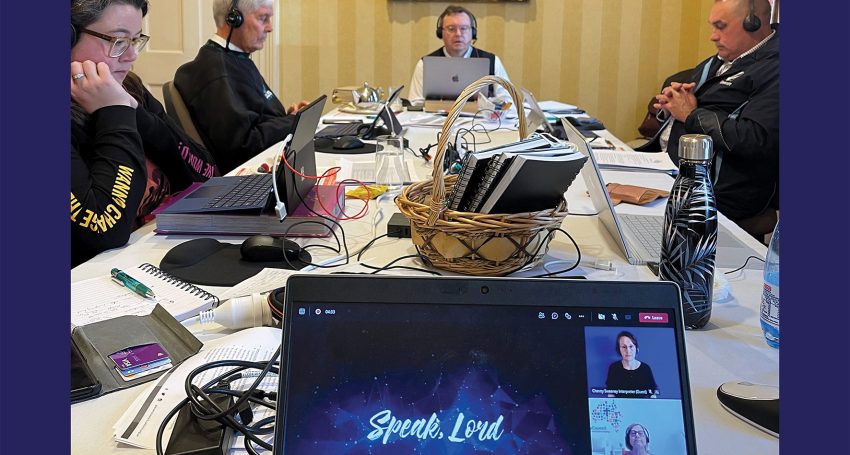Hope and challenge as Plenary approaches
Opinion
The second assembly of the Plenary Council is rapidly approaching. It is less than a month away and will be held in St Mary’s Cathedral College Hall, adjacent to Hyde Park in Sydney, July 3-9.

I am looking forward to the week and expect it to be both a challenge and an occasion of great hope. Let me explain those two things.
First, the challenge. Our Church is diverse – culturally, socially, and in terms of our various approaches to faith. Sure, we are ‘one in Christ Jesus’, but we have different insights into the faith, and see ourselves called in different directions. So, the members of the Plenary Council will be challenged to come to agreement on ‘what the Spirit is saying’ to the Church. The process of dialogue will involve each member listening deeply to the perspectives of others, attempting to understand the world on the others’ terms. Real dialogue is intense and sometimes exhilarating. But it won’t be perfect.
Advertisement
I’m reminded of a meeting of theologians I attended in Melbourne in 2016, shortly after the bishops had announced their plan for a Plenary Council. A few theologians in the group seemed cynical that such a gathering could be effective. But the late Fr Denis Edwards, a dear friend and colleague to many here in Adelaide, said in his measured way that this is the first time all Australian Catholics have been asked to formally share with their bishops their sense of what it is to live the Christian faith, and to consider how that faith might renew the life of the Church. Denis said that we’re not going to get this right the first time – we will only gradually become what Pope Francis calls ‘a church that listens’, ‘a synodal church’. Denis was right – again (although, let me add, he wasn’t always right!). The second assembly won’t be perfect.
Yet it will be an occasion of great hope. I have been heavily involved in its preparation as a member of two key committees and see firsthand the openness of the Plenary Council’s leadership to the voices of the members, and the leadership’s deep commitment to what the Spirit is saying to the Church. Australian Catholics – lay, religious, priests, and bishops – are discerning God’s call together. Archbishop O’Regan has been saying something very similar: that while the Plenary Council won’t solve all our problems, it is the synodal (group discernment) structure that will carry us into the future. He used the image of these synodal structures like the Plenary Council, Diocesan Pastoral Councils, and Parish Pastoral Councils being ‘the container’ carrying us into the future.
Related Story
Plenary members prepare for second assembly
In the foreword to a very recent book on synodality, the distinguished German theologian Peter Hünermann, now aged 93, stressed the importance of these ‘containers’. He said, “Synodality – the involvement of the People of God as an active subject in the fundamental decision-making processes of the Church – is a process of profound transformation in today’s Church and in today’s social situation. Synodality offers the only way out of the series of (financial and sexual) scandals… Synodality does not mean simply adopting political democracy and adapting to the spirit of the times. It is about the dignity of the people of God and the human form that allows the preservation of this dignity in modern society.”
From July 10, we begin the implementation phase of the Council; setting out to reshape our common life. There will be much to do to implement the Council’s decisions, which might involve, among other things – becoming a church of missionary disciples; recognising the rightful social place of our First Nations peoples; renewing our celebration of the liturgy; further healing the wounds of the clergy sexual abuse crisis; committing to integral ecology and conversion; and recognising the equal dignity of women in the church.
So, July 4-9 in Sydney will be a week of challenge and an occasion of great hope. Indeed, the challenge and the hope have the same root cause, as we learn what it means to be a synodal church.
Fr James McEvoy is a priest of the Archdiocese, and teaches theology at Australian Catholic University, Adelaide. He is a theological advisor to the Plenary Council.










Comments
Show comments Hide comments